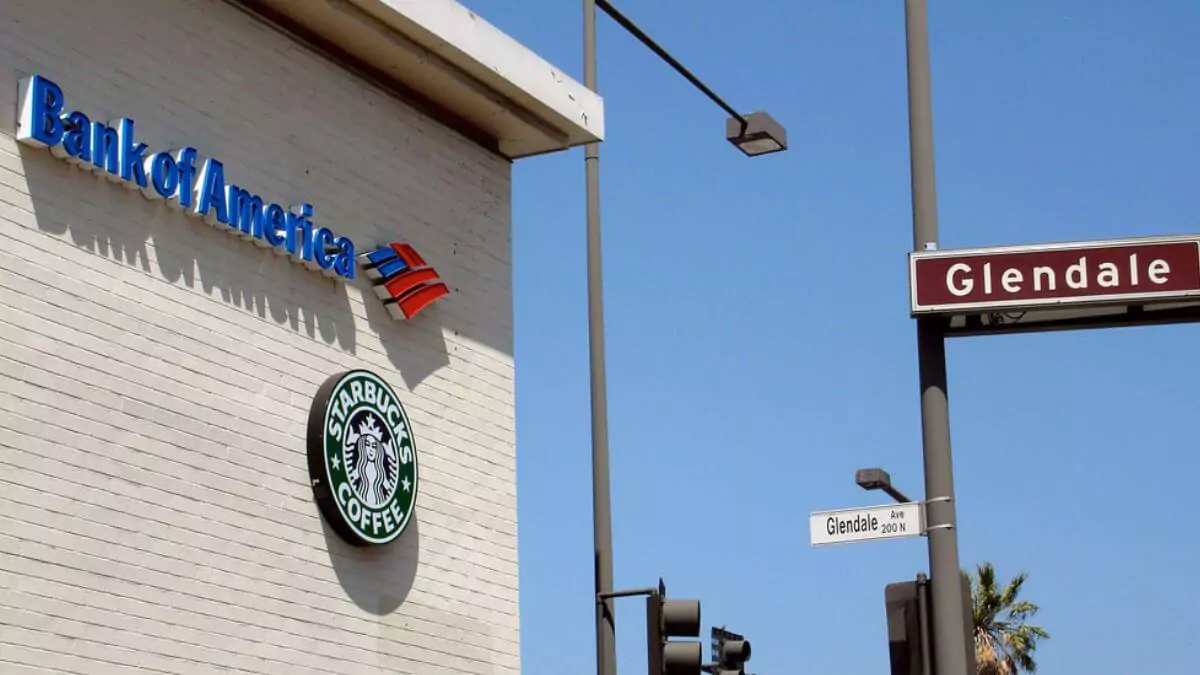March 29, 2025 – Bank of America is cracking down on inactive accounts, warning customers that funds in dormant accounts could be transferred to state custody if left untouched for too long. The policy, which has recently gained attention, highlights the importance of staying proactive about financial management in an increasingly digital banking landscape.
The bank’s policy targets accounts with no activity for an extended period—typically three years or more—classifying them as “abandoned property.” If the account holder doesn’t respond to notifications, the funds are handed over to the state through a process called escheatment. “Escheatment is the process of reporting and remitting abandoned property to the appropriate state agency for safekeeping,” Bank of America noted in a recent statement. This applies to a wide range of financial products, including checking accounts, savings accounts, IRAs and CDs, safe deposit boxes, and uncashed cashier’s checks.
Bank of America’s policy aligns with state laws on unclaimed property, which vary across the U.S. Some states require accounts to be inactive for three years, while others may set a longer threshold. If the bank cannot contact the account holder—often through letters or emails—the funds are transferred to the state, where they can be claimed later but often with added legal challenges. A 2024 report from the National Association of Unclaimed Property Administrators (NAUPA) estimates that over $60 billion in unclaimed property is held by states, including funds from dormant bank accounts, underscoring the scale of the issue.
To prevent accounts from being classified as abandoned, Bank of America recommends simple actions: make regular transactions, such as deposits or withdrawals, or log into online banking to check your balance. The bank also suggests using digital tools to set up alerts for account activity, which can help customers stay on top of their finances. Keeping contact information up to date with the bank is another key step, especially for those who have moved or manage multiple accounts.
The policy has sparked concern among consumers, particularly in the U.S., where digital banking is on the rise. A 2024 Federal Reserve survey found that 78% of Americans use online banking, yet many may not actively monitor all their accounts. This raises questions about how banks can better communicate with customers to prevent accounts from becoming inactive. In tech-savvy states like California, where digital tools are widely adopted, the issue is especially relevant, as consumers may rely on apps for banking but overlook dormant accounts. Some experts suggest that banks could leverage AI-driven notifications to alert customers about inactivity, a trend already emerging in the fintech space.
Bank of America’s warning comes at a time when financial literacy is more important than ever. With the rise of digital banking, consumers need to stay vigilant to avoid losing access to their funds. The policy also highlights broader challenges in the U.S. financial system, where unclaimed property can take years to recover, especially in states with strict escheatment laws. For those with smart financial tools, such as budgeting apps, staying on top of accounts may be easier, but many Americans still face the risk of losing funds to escheatment.
As Bank of America continues to enforce this policy, customers are urged to take action to protect their money. Regularly checking accounts and setting up alerts can make all the difference in avoiding the hassle of reclaiming funds from the state. For more on managing your finances in the digital age, explore our coverage of tech-driven financial solutions and stay updated with Technocodex.







